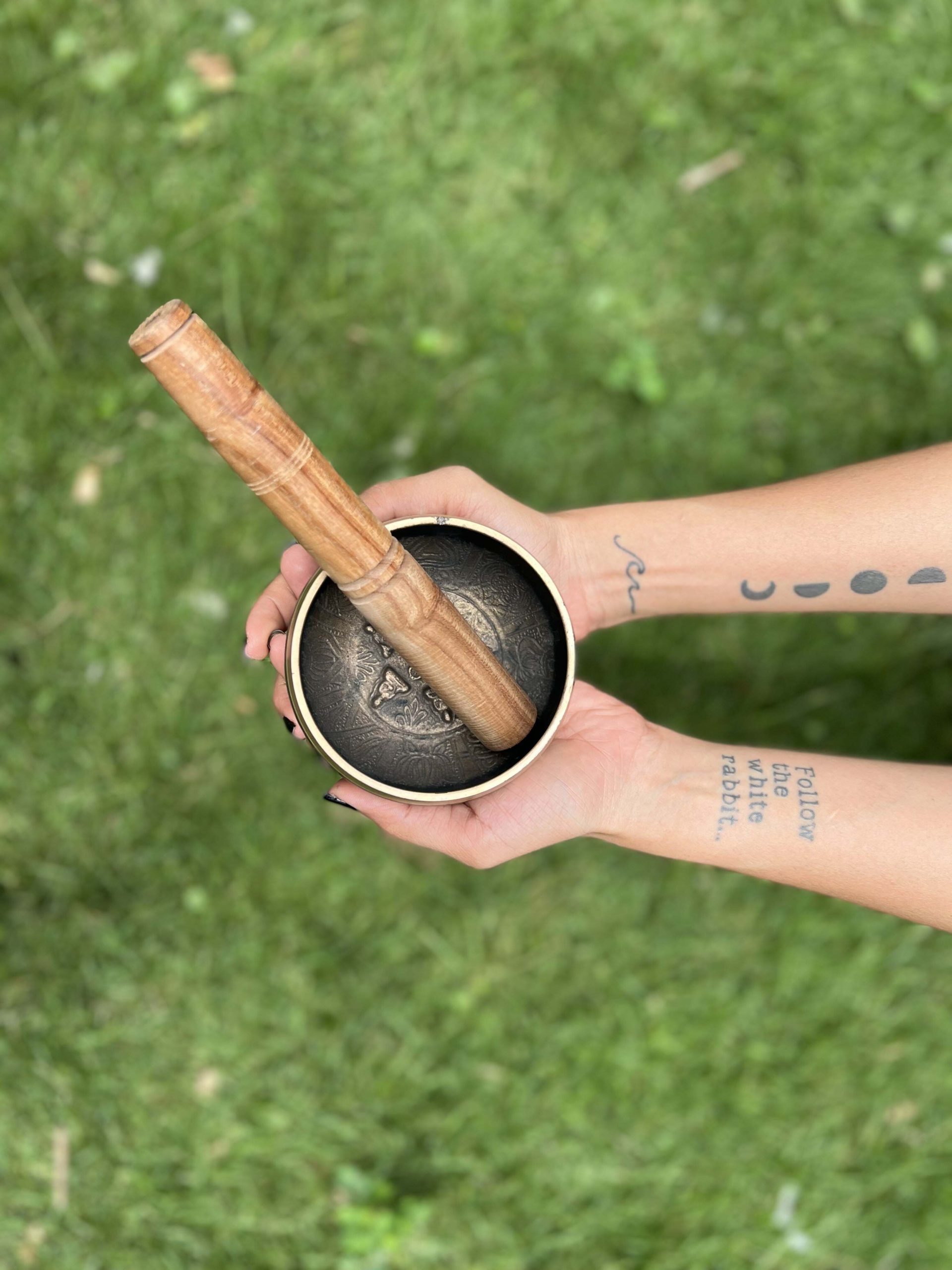Hello Readers,
As you might know, May is Mental Health Awareness month and we would like to share with you a weekly practice that the design team at ID has – a “kōan.”
Every Monday, you will find the design team dressed in black to be in an absorbing state of mind. We gather around, to have a meeting which has no point to it. There’s no agenda, no plan and you don’t necessarily even have to know what’s going on.
Well, you might ask,
Why?
Why have this meeting if there is no point? Isn’t it a waste of time?
And you would be right.
You see we as humans are always trying to find the meaning of things. Meaning in a sentence, an email, an action, or even silence. We constantly interpret. 24/7.
This is where a kōan comes in. It tells you that nothing has meaning or rather trying to find meaning through the constraints of logical reasoning is futile. Kōan is letting your mind step out of reason for a few minutes and be mindful of our constant need to reason, interpret, expect and control. As John Tarrant says a kōan “is paradoxical, poetic and totally personal. And so is life.”
‘Kōan’ comes from Zen Buddhism in Japan. It literally means a “paradoxical anecdote or riddle without a solution” (Oxford Languages). It was used as a meditation device for novices. Some of the most well-known kōans are: “When both hands are clapped a sound is produced; listen to the sound of one hand clapping.” Some kōans are set up in a question-answer format, as in the question “What is Buddha?” and its answer, “Three pounds of flax.”
Novices would take months or years meditating on a single kōan. But the point was not to struggle with its meaning. It was something to keep you company, whatever you are doing. Let it slowly transform your heart and the way you move in the world. It’s not about knowing but being comfortable with not knowing. When you hear a kōan you are “joining a timeless conversation and you are forming a relationship with the kōan” (John Tarrant), so you can let all that happens, happen, without worrying about it.

Back to the design team at ID, on a particular Monday morning – there are tech packs that designers need to send to buyers; product developers need to source trims and realise we are out of snap buttons. There is a collection deadline encroaching and the digital marketing team is brainstorming about how they will showcase this collection on social media.
However, once a week for about 45 minutes to an hour, the team tries to set these things aside and gather for a kōan. The practice has no particular structure though we happen to start and end by meditating to the sound of a singing bowl. We might contemplate on whether “are we breathing or is breathing us?”, and deliberate about if our work desk is happy about being a work desk. After this hour of nonsensical discussions, we do go back to our deadlines and commitments but hopefully with a new perspective and a kōan to keep us company as we move about our day, and somehow, almost magically get everything needed to get done, done.
So, readers, next time you hear something that interests you keep it with you. It may be a healing story, a piece of music or even an earworm. Let it keep you company. Don’t try too hard just show up, be confident in what you don’t know and don’t be afraid to experiment. You can share this experience with people close to you and even your place of work.
